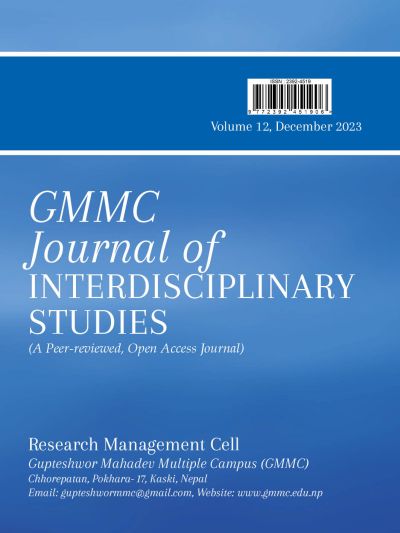Exploring Issues for Sustainable Smart City Development: A Resident-Centric Case Study in Hetauda
DOI:
https://doi.org/10.3126/jis.v13i1.73349Keywords:
Challenges, resident, rural, smart city, sustainable, technologyAbstract
This study explores the challenges and opportunities for sustainable smart city development in Hetauda, Nepal, through a resident-centric approach. Using surveys and interviews, it investigates urban issues, residents’ preferences for smart solutions, and their readiness to adopt new technologies. The findings reveal critical challenges, including inadequate healthcare, traffic congestion, poor drainage systems, lack of higher education institutions, and limited digitization in government services. Residents emphasized the need for smart healthcare systems, advanced traffic management, and improved public transportation, highlighting a preference for solutions that address both social and environmental concerns. The study underscores the importance of resident engagement in planning and decision-making, recommending mechanisms like public forums and citizen advisory boards to ensure inclusive development. It also calls for capacity building within local governments and transparent communication to address resident anxieties. By prioritizing public needs and integrating green technologies, Hetauda can create a smart city framework that enhances quality of life while promoting sustainability. This research provides valuable insights for policymakers, emphasizing a resident-driven approach to urban transformation. Its implications extend beyond Hetauda, offering lessons for other underdeveloped regions seeking to balance technological advancements with social and environmental goals in their journey towards sustainable urban development.




